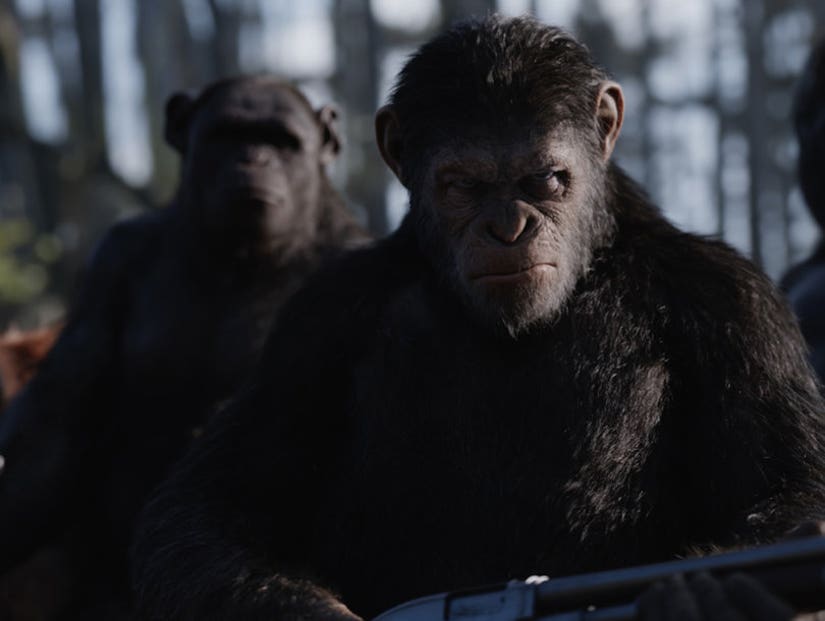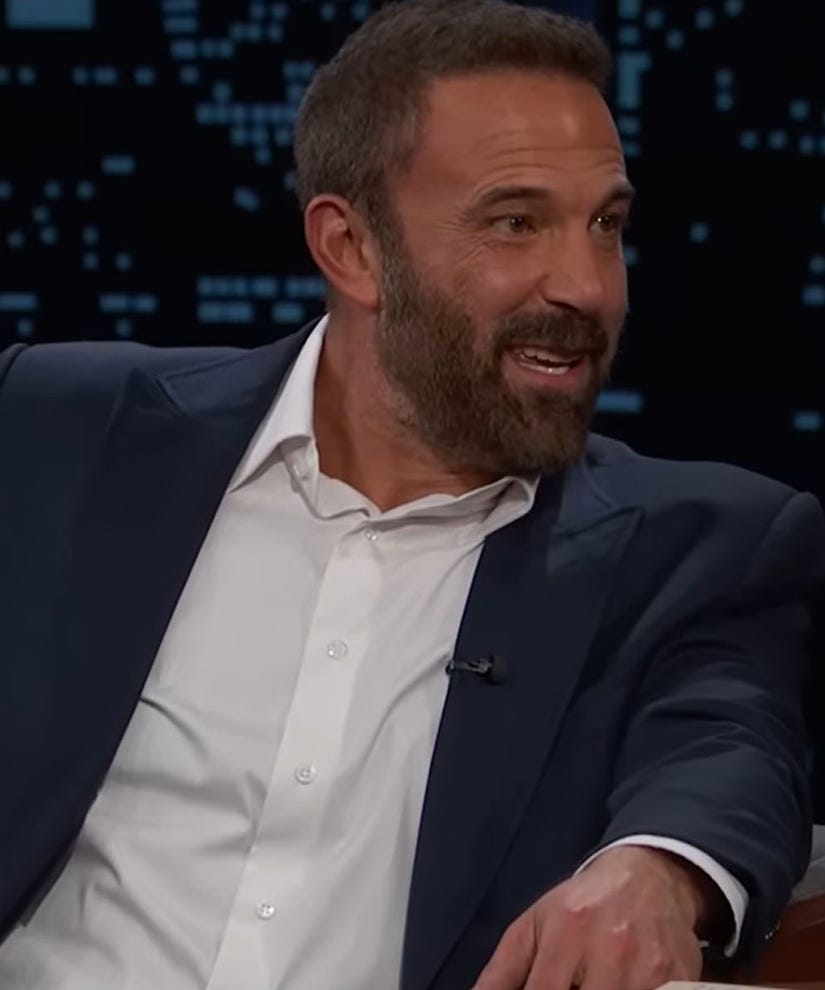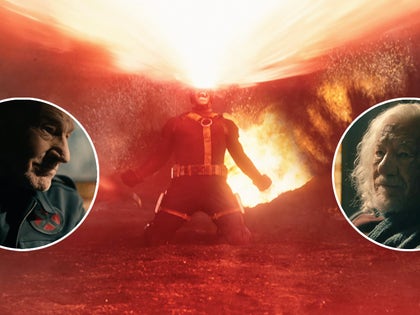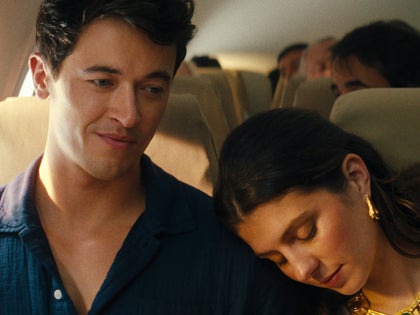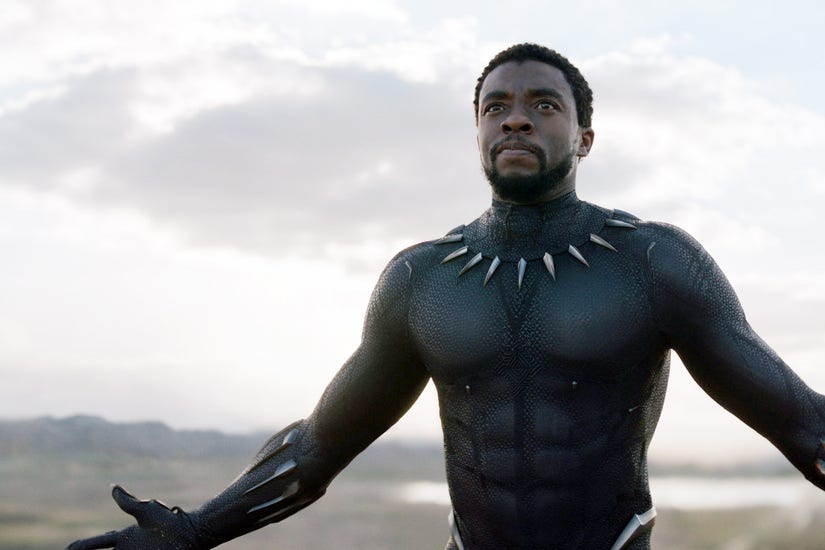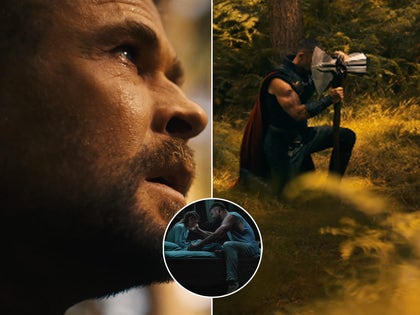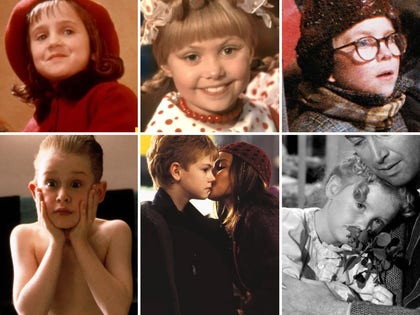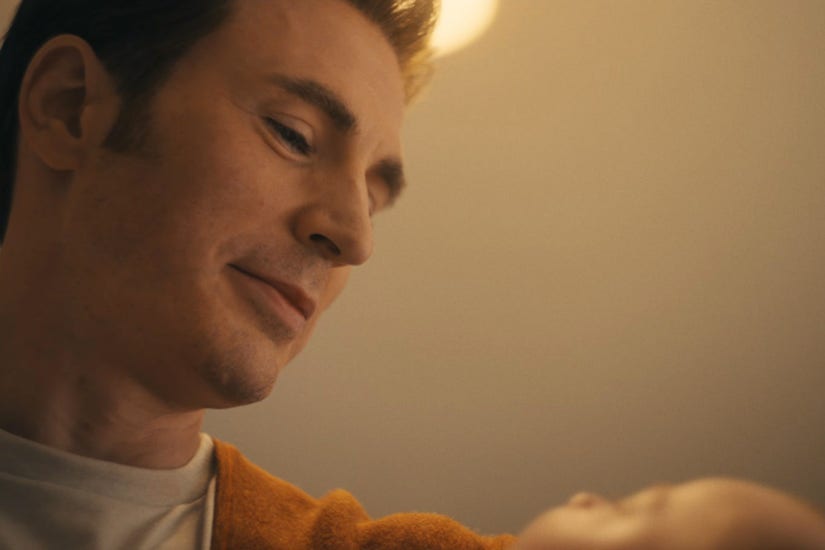It was unthinkable just a few years ago, but "War for the Planet of the Apes" makes a strong case that CGI has finally gotten a little too advanced -— at least for use in incredibly depressing movies about genocide.
The rebooted "Apes" franchise, which kicked off in 2011, has always been darker than the original and very campy first go-round with Charlton Heston in the '60s and '70s. But James Franco added some levity to "Rise of the Planet of the Apes," at least, and there were still some human characters in 2014's "Dawn of the Planet of the Apes," even if Jason Clarke didn't exactly offer up a three dimensional performance. But the monkeys are the real stars in director Matt Reeves' second "Apes" adventure, taking up a vast majority of the screen time and nearly all of its emotional real estate.
The apes, made by Peter Jackson's WETA studios, have never looked more realistic, with millions of flowing hairs and perfect shadows and nuanced faces; that they move so gracefully is a credit to the motion capture actors powering them, led once again by Andy Serkis. If you didn't know that they were digital creations (and truly believed that apes had evolved to become super-smart, emotionally superior creatures), then you'd really think they were actual monkeys.
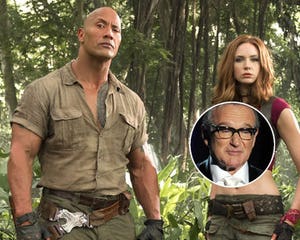 Sony Pictures
Sony Pictures
'Jumanji' Reboot Trailer Under Fire: 'Disgrace to the Original and to the Late Robin Williams'
View StoryWhich is a big part of the problem. "War of the Planet of the Apes" is a straight-up sad movie, with endless scenes of monkeys being abused, tortured, and murdered. The war between humans and apes has gone on for years at this point, with heavy casualties on each side. They battle with no end in sight, with guerilla battles (resisting the pun) leading to mindless slaughter on an endless loop. It's both a beautiful movie, and an absolutely miserable one.
Caesar, the patient zero and leader of these genius monkeys, now has the responsibility of fatherhood added on to his naturally hunched back -- until an attack from a rogue band of human soldiers, led by a crazed military commander known only as The Colonel. Played by a devil-may-care Woody Harrelson, he's more or less the modern-day, monkey-torturing version of Colonel Kurtz in "Apocalypse Now," overseeing a breakaway group of commandos in the depths of the jungle.

Emmy Award Nominations Announced: Full List
View StoryThe Colonel is so evil that he runs what is basically a concentration camp, where apes are penned in, forced to work, and then killed. Caesar and his fellow ape leaders set off to find this camp, and along the way find a young mute girl and adopt her as one of their own. She represents the last shred of humanity within the human race, which is now being replaced by apes. And for sure, the apes now have the deeper characters, including a newcomer called Bad Ape (Steve Zahn), who provides a lot of the film's menial comic relief.
The whole thing is incredibly grim. We're watching the inner-workings of a concentration camp, which is horrible, and also watching monkeys getting murdered in cold blood, which is depressing. But here's the catch: Even though the apes are supposed to be the humans in this scenario, they just look too much like apes for the metaphor to work right.
 EW
EW
5 'Black Panther' Revelations You Need to Know
View StoryBiology just forces us to still kind of side with the humans, who are also fighting for their survival, even if it's under a very nasty, misguided leader. It's just impossible to care about the survival as apes as much as humankind, which means that we're stuck in the very awkward position of kinda, sorta rooting for the bad guys in a movie about concentration camps.
There's nothing particularly fun about "War for the Planet of the Apes," which ultimately becomes a sort of "Deliverance" or "10 Commandments" with simian substitutes. It's a gorgeous film, but also a remarkably dour one, with a missing link of humanity that keeps it from fully connecting.

